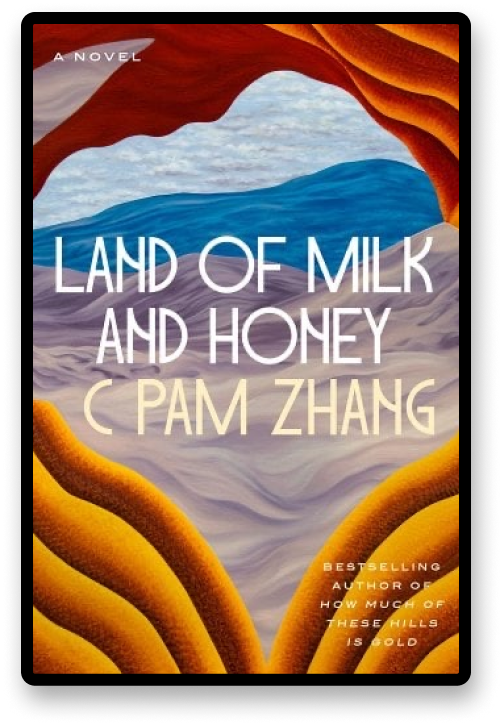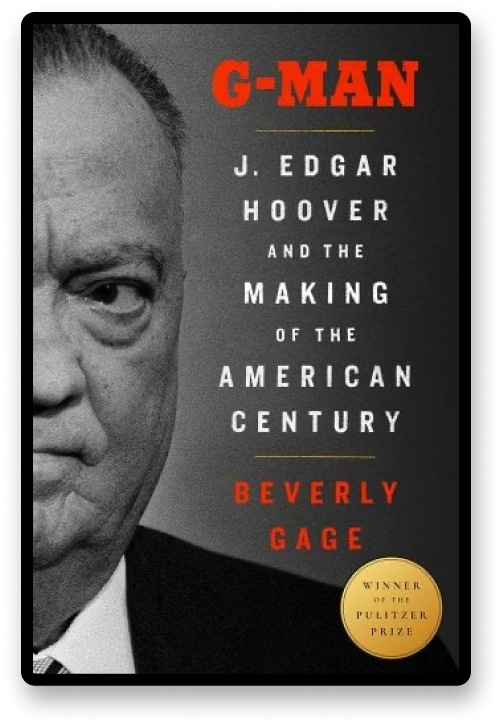
Land of Milk and Honey
Named a most anticipated book of the year by the New York Times, the Los Angeles Times, Vulture, The Millions, Kirkus and more!
The Award-Winning Author of How Much of These Hills Is Gold returns with a rapturous and revelatory novel about a young chef whose discovery of pleasure alters her life and, indirectly, the world,
“It’s rare to read anything that feels this unique. A richly imagined, ambitious, and haunting novel.” -GABRIELLE ZEVIN, New York Times bestselling author of Tomorrow and Tomorrow and Tomorrow. “Land of Milk and Honey is truly exceptional.”-ROXANE GAY, New York Times bestselling author of Bad Feminist
“A sharp, sensual piece of art.”-RAVEN LEILANI, New York Times bestselling author of Luster A smog has spread. Food crops are rapidly disappearing. A chef escapes her dying career in a dreary city to take a job at a decadent mountaintop colony seemingly free of the world’s troubles. There, the sky is clear again. Rare ingredients abound. Her enigmatic employer and his visionary daughter have built a lush new life for the global elite, one that reawakens the chef to the pleasures of taste, touch, and her own body.
In this atmosphere of hidden wonders and cool, seductive violence, the chef’s boundaries undergo a thrilling erosion. Soon she is pushed to the center of a startling attempt to reshape the world far beyond the plate. Sensuous and surprising, joyous and bitingly sharp, told in language as alluring as it is original, Land of Milk and Honey lays provocatively bare the ethics of seeking pleasure in a dying world. It is a daringly imaginative exploration of desire and deception, privilege and faith, and the roles we play to survive. Most of all, it is a love letter to food, to wild delight, and to the transformative power of a woman embracing her own appetite.

G-Man: J. Edgar Hoover and the Making of the American Century
Winner of the 2023 Pulitzer Prize in Biography
Winner of the 2022 National Book Critics Circle Award in Biography, the 2023 Bancroft Prize in American History and Diplomacy, and the 43rd LA Times Book Prize in Biography Finalist for the 2023 PEN/Jacqueline Bograd Weld Award for Biography.
Named a Best Book of 2022 by The Atlantic, The Washington Post and Smithsonian Magazine and a New York Times Top 100 Notable Books of 2022 Masterful…This book is an enduring, formidable accomplishment, a monument to the power of biography [that] now becomes the definitive work”–The Washington Post
We remember him as a bulldog–squat frame, bulging wide-set eyes, fearsome jowls–but in 1924, when he became director of the FBI, he had been the trim, dazzling wunderkind of the administrative state, buzzing with energy and big ideas for reform. He transformed a failing law-enforcement backwater, riddled with scandal, into a modern machine. He believed in the power of the federal government to do great things for the nation and its citizens. He also believed that certain people–many of them communists or racial minorities or both– did not deserve to be included in that American project. Hoover rose to power and then stayed there, decade after decade, using the tools of state to create a personal fiefdom unrivaled in U.S. history.
Beverly Gage’s monumental work explores the full sweep of Hoover’s life and career, from his birth in 1895 to a modest Washington civil-service family through his death in 1972. In her nuanced and definitive portrait, Gage shows how Hoover was more than a one-dimensional tyrant and schemer who strong-armed the rest of the country into submission. As FBI director from 1924 through his death in 1972, he was a confidant, counselor, and adversary to eight U.S. presidents, four Republicans and four Democrats. Franklin Roosevelt and Lyndon Johnson did the most to empower him, yet his closest friend among the eight was fellow anticommunist warrior Richard Nixon. Hoover was not above blackmail and intimidation, but he also embodied conservative values ranging from anticommunism to white supremacy to a crusading and politicized interpretation of Christianity. This garnered him the admiration of millions of Americans. He stayed in office for so long because many people, from the highest reaches of government down to the grassroots, wanted him there and supported what he was doing, thus creating the template that the political right has followed to transform its party.
G-Man places Hoover back where he once stood in American political history–not at the fringes, but at the center–and uses his story to explain the trajectories of governance, policing, race, ideology, political culture, and federal power as they evolved over the course of the 20th century.